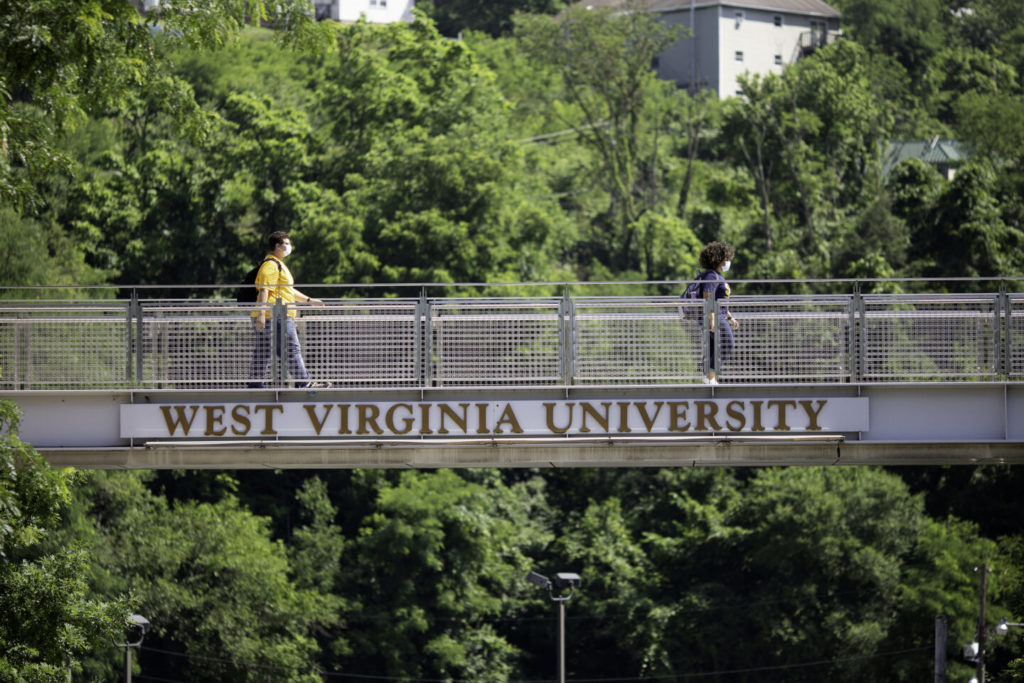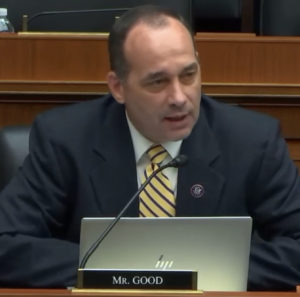West Virginia University makes COVID-era “test-optional” policy permanent
West Virginia University announced applicants can continue to opt-out of taking entrance tests, making its pandemic “test-optional” policy permanent.
WVU’s move is part of an emerging,…

West Virginia University announced applicants can continue to opt-out of taking entrance tests, making its pandemic “test-optional” policy permanent.
WVU’s move is part of an emerging, nationwide trend away from standardized testing.
The announcement came on Monday, after the university’s Board of Governors approved the change, Fox News reports.
The rule was originally meant to help, “reduce the overall stress of the college application process,” during the pandemic. Making the rule permanent gives students “new choices” and removes a “barrier” that may otherwise prevent someone from applying, claims Assistant Vice President for Enrollment Management, George Zimmerman.
“WVU is a leader in providing students with new choices when it comes to college,” he told WVU today. “And, with this permanent test-optional move, joins the growing number of institutions nationwide that are taking this approach to college admissions.”
While the SAT and ACT exams will no longer be required for application to the university, some students may still need to take one to qualify for scholarships, financial aid or for course placement in certain programs.
With the change, as Zimmerman noted, WVU joins a growing list of colleges and universities to move away from such standardized testing. In fact, FairTest, the National Center for Fair and Open Testing, estimates over 1,800 colleges and universities have taken up such measures in the U.S. alone. Some, including the University of California and California State University have eliminated the testing altogether.
Proponents of the trend articulate various rationale for the elimination of standardized testing at all levels, including health and safety, stress reduction, financial hardship and even racism.
Last summer, the Maryland State Education Association, which represents 76,000 educators in the state, was blasted for blaming poor performance on such tests on “whiteness.”
But critics charge that the shift is more about politics than education. They also point out the lack of evidence that eliminating tests actually benefits students.
Maryland teacher Julie Giordano, for example, says it is part of a push to focus on “equity” over academics while literacy rates and core subject competencies plummet at historic rates.
“It’s just frustrating as a teacher,” she said. “We have just lowered the bar in education. Unfortunately for students, I think that they have to do the bare minimum in order just to pass.”
While there have been few changes in federal policy on the matter, a speech by Education Secretary Miguel Cardona in January may have signaled a coming shift in the federal government’s view of standardized tests, which were essentially enshrined into federal law over 20 years ago with the passage of No Child Left Behind.
Cardona likened the use of tests to a “hammer,” forcing federal government accountability on schools, but said standardized tests should instead be used as a “flashlight” to illuminate best practices.
Last year, Cardona also warned states not to use test scores “punitively” in evaluating educators, or to keep students from graduating, citing issues with such testing that arose out of COVID-era policies.



